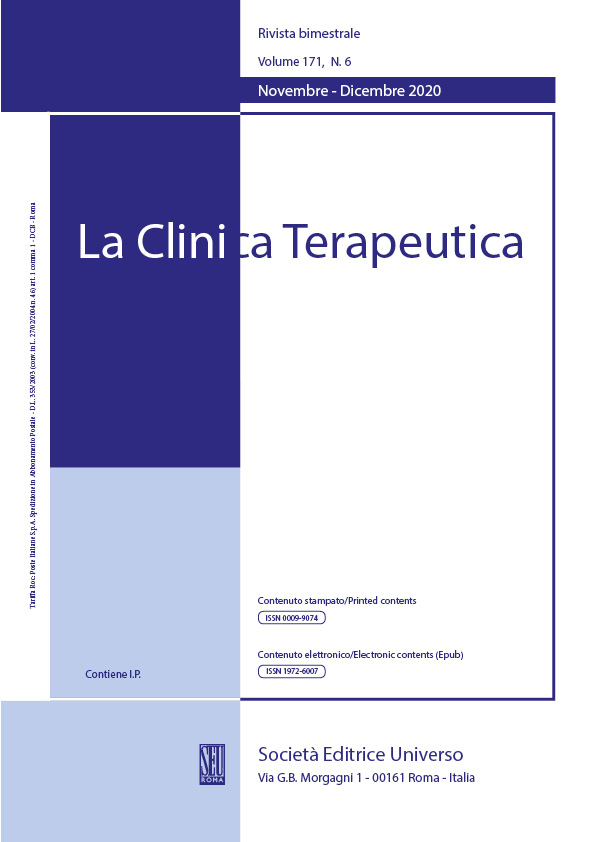Abstract
Working night shifts has been associated with negative mental health consequences such as depression, anxiety, and sleep problems. The objectives of this study were to determine the lifestyle behaviors (prevalence of nicotine, caffeine, cannabis, sleep-promoting medication, and alcohol use) and the association between job stress, sleep quality, anxiety, and depression among registered nurses working night shifts in the Canadian province of Saskatchewan in the COVID-19 era. Twenty-two registered nurses ranging from ages 25-65 that work permanent or rotating night shifts participated in an online survey from April 11th to July 15th, 2022. The results showed a strong positive association between sleep disturbance, and depression r (19) = 0.50, [p = 0.029, 95% CI, 0.06, 0.78]. A positive correlation was found between higher levels of reported anxiety and sleep disturbance r (19) = 0.69, [p = 0.001, 95% CI, 0.34, 0.87]. There was a positive correlation between depression and occupational exhaustion r (17) = 0.56, [p = 0.021, 95% CI, 0.10, 0.82]. Anxiety was significantly related to occupational exhaustion r (17) = 0.65, [p = 0.005, 95% CI, 0.24, 0.86] and depersonalization r (17) = 0.52, [p = 0.005, 95% CI, 0.06, 0.80], but not significantly related to personal accomplishment r (17) = -0.34, [p = 0.185, 95% CI, -0.70, 0.17]. In conclusion, a sample of Canadian nurses working night shifts in the province of Saskatchewan during the COVID-19 pandemic showed a significant positive relationship among sleep disturbance, anxiety, and depression. Furthermore, most nurses reported using at least one or more of the following substances: sleep-promoting medication, nicotine, alcohol, and cannabis.
